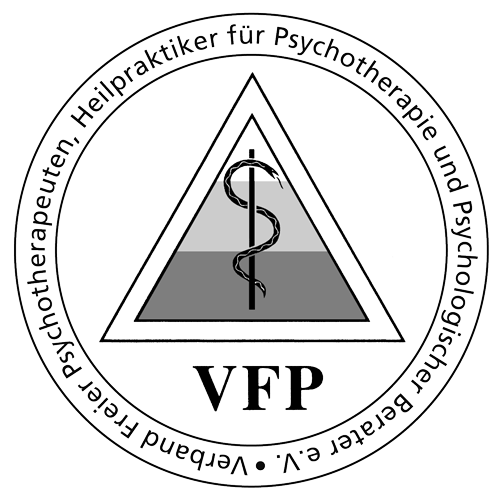I was born in 1978 and live with my wife in Wellen on the River Mosel. I grew up in a small Mosel village on the lower part of the river Mosel with school time and high school graduation in Koblenz. During my time as a civil servant, I was involved in the all-day care of the severely disabled and over the course of a year I gained valuable experience in caring for these precious people.
After this time I moved to Trier in 1998 to study psychology. A year later I additionally enrolled in the “church music school” in Trier to continue my private hobby of classical piano and organ playing. After graduating as a “C-Church Musician” I did two internships in psychology which was part of my training to become a psychologist. I did a clinical internship at the neuropsychology department of the Rehabilitation Clinic “Burg Landshut” in Bernkastel-Kues and a foreign internship at Emory University in Atlanta / USA. At the department of Prof. C. B. Nemeroff I could work with Prof. C. Heim on a study on stress in early childhood and its effects later on in life.
During my entire study time I was mainly interested in clinical psychology and psychosomatic illnesses. The idea that many of these illnesses are related to mental stress was fascinating for me and sparked my interest in psychosomatic stress research. I was also able to work all my time at the university as a student assistant in stress research at the department of Prof. Hellhammer in Trier. After graduating as a psychologist in 2004, it soon became clear to me that I wanted to do my PhD in this field of psychobiology. During my PhD at the department of Prof. Hellhammer 2004-2007 I had the opportunity to meet many interesting stress researchers from all over Europe and the USA, who have decisively shaped my understanding of the underlying biology and the treatment of stress diseases.
During this time, I started to develop my own model of stress-related health disorders. I tried to complete the ideas of Hans Selye with findings and models from the current psychobiological research in this field. It was important to me that this new model should be easy to understand by anyone who is affected by stress and its effects. Patients should get reassurance by actually comprehending the inner mechanisms in the body as well as the brain, which is the control center of everything. In addition, the model should also provide practical treatment options. By the end of my time as PhD-Student I’ve achieved to develop such a model.
After my time at the university, I decided to switch to practical work in 2007 and have since been working for a social institution in Trier in the psychosocial care of people with mental health problems. This work gave me a comprehensive insight into the everyday practice work with very different pictures of mental disorder. By taking a closer look many of these mental disorders could be related to stressful times or events as their root cause. During this time I also acquired knowledge in different psychotherapeutic schools and techniques as well as their efficiency to treat psychosomatic patients. In 2016 I passed the exam for a “Heilpraktiker für Psychotherapie” in Solingen.
Since 2019 I have been working as a part-time psychotherapist in my own practice in Wellen. I would now like to pass on my experience from research and practice on stress disorders to my clients and treat and support them holistically.






